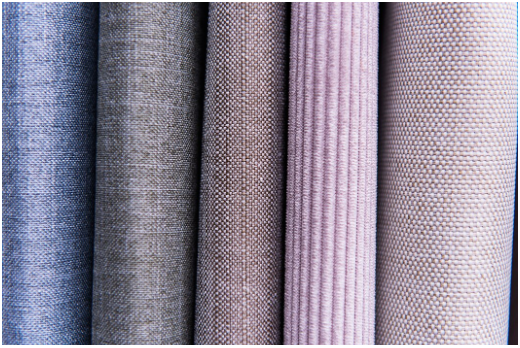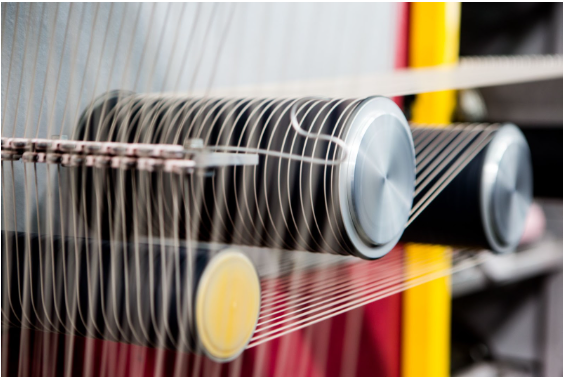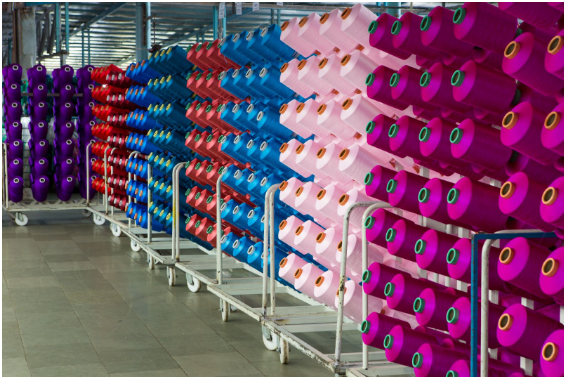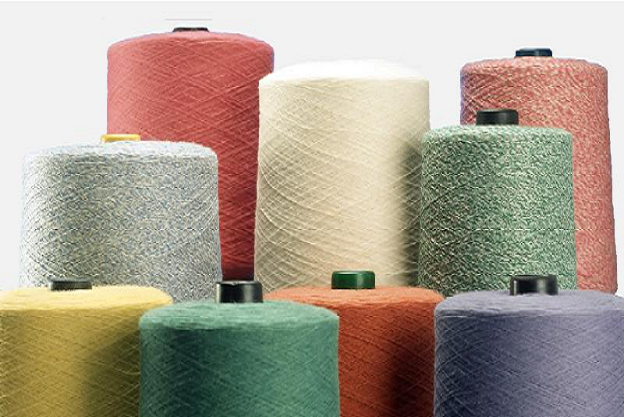The world of textile crafting is vast and intricate, with yarn selection playing a pivotal role in determining the success of your clothing projects. Whether you’re a new crocheter or an experienced knitter looking to expand your horizons, understanding the nuances of clothing yarn is crucial. This comprehensive guide will walk you through the essential factors to consider when selecting the ideal yarn for your garments, empowering you to make informed decisions that elevate your creations.
Fiber Content: The Foundation of Your Garment
The fiber content of your chosen yarn is perhaps the most critical factor in determining the overall quality and performance of your finished garment. Different fibers offer varying characteristics, from warmth and durability to softness and ease of care.
Natural fibers, such as wool, cotton, and silk, have been staples in the textile industry for centuries. However, advancements in synthetic fiber technology have led to the development of high-performance alternatives that rival, and in some cases surpass, their natural counterparts.
AYM Syntex’s Silque yarn, for example, is a revolutionary synthetic silk alternative that offers the luxurious feel and sheen of natural silk while providing enhanced durability and ease of care. This makes it an excellent choice for elegant clothing items that require frequent washing.
When selecting fiber content for your clothing yarn, consider the following factors:
- Intended use of the garment (everyday wear, special occasions, etc.)
- Desired properties (warmth, breathability, moisture-wicking, etc.)
- Care requirements (machine washable, dry clean only, etc.)
- Allergies or skin sensitivities
- Environmental impact and sustainability concerns
Clothing Yarn Texture and Its Impact on Comfort
The texture of your chosen yarn plays a significant role in the comfort and wearability of your finished garment. When selecting yarn for clothing, consider how it feels against the skin and how it will perform in various weather conditions.
Softness and Skin Sensitivity
For items that will be worn directly against the skin, such as sweaters or scarves, prioritize yarns with a soft, non-irritating texture. Natural fibers like merino wool and cotton are often prized for their softness, but advanced synthetic options like Silque offer comparable comfort with added benefits.
Breathability and Moisture Management
Consider the intended use of your garment and choose a yarn that offers appropriate breathability and moisture-wicking properties. For activewear or summer clothing, look for yarns that allow air circulation and efficiently move moisture away from the skin.
Warmth and Insulation
For cold-weather garments, select yarns that provide adequate warmth without excessive bulk. Some fibers, like wool, offer excellent insulation even in thin layers, while others may require a thicker fabric to achieve the same level of warmth.
By carefully considering the texture and performance characteristics of your chosen yarn, you can create comfortable, functional clothing that’s a joy to wear.
Durability and Longevity: Choosing Yarn That Lasts
Creating clothing requires a significant investment of time and effort, so it’s essential to choose yarns that will stand the test of time. When evaluating the durability of yarn for your clothing projects, consider the following factors:
Fiber Strength and Abrasion Resistance
Different fibers have varying levels of inherent strength and resistance to wear. For high-stress areas of garments or items that will see frequent use, opt for yarns with excellent abrasion resistance. AYM Syntex’s Elior yarn, for example, is engineered to withstand extensive wear while maintaining its appearance and comfort.
Pilling Resistance
Pilling, the formation of small balls of fiber on the surface of fabric, can significantly detract from the appearance of your garments over time. Some fibers are more prone to pilling than others. When selecting yarn for clothing that will see frequent wear or friction, look for options with high pilling resistance.
Care and Maintenance Requirements
Consider how easy it will be to care for your finished garment. Yarns that are machine washable and dryable tend to be more practical for everyday clothing items. However, for special occasion pieces or heirloom-quality garments, hand-wash or dry-clean only options may be worth the extra care required.
Also Read: Polyester Spun Yarn vs. Polyester Textured Yarn
Conclusion
Selecting the ideal yarn for your clothing projects is a multifaceted process that requires careful consideration of numerous factors. From understanding yarn weights and fiber content to exploring advanced techniques and sustainability concerns, each aspect plays a crucial role in the success of your finished garment. Don’t be afraid to try new fibers, explore innovative products like AYM Syntex’s Silque and Elior yarns, and push the boundaries of your creativity. So take your time, do your research, and most importantly, enjoy the process of bringing your textile visions to life.




